‘Less than two years ago five people sat in a room with a blank sheet of paper,’ Benjamin Griveaux the French Minister for Economic Development tells me. ‘We had no money, no party, no candidates, and hardly any time before the 2017 Presidential election.’ Griveaux is a confidant of French President Emmanuel Macron. They were two of the five that decided to launch a new political movement and capture the middle ground of French politics. En Marche! was launched on 6 April 2016. Thirteen months later, Emmanuel Macron was elected President of the Republic. Griveaux jokes that En Marche! is a political ‘start-up’. Like a successful tech start-up, it has completely disrupted the pre-existing order.
‘Of course, Macron is eight days older than me,’ says Griveaux. It’s hard to get my head around the fact that the President was born in 1977. He will turn 40 at the end of the year. I think back to what I was doing in 1977. I was running around in student elections, so too was Tony Abbott. The young Malcolm Turnbull was a journalist at the Bulletin writing about our (and others) exploits. And these young Gauls were in the maternity hospital. They have now swept aside the political establishment – both left and right – that has dominated French politics since the Second World War. The President has a huge majority in the Parliament and he intends to use it. Over our dinner at the Élysée Palace, the boyish and good-humoured President Macron suddenly leans forward and tells us with an earnest voice: ‘Be sure, France is back’.
The Élysée is a testament to the glory of France’s past. It is an ornate French chateau. The plaster on the elaborate ceilings shows the intertwined initials of Napoleon III and his wife Eugénie. The luxurious garden leads down to the most famous boulevard in the world. Here Emperors and their armies paraded in triumph. De Gaulle walked down this very stretch to mark the liberation of Paris in the Second World War. France became a permanent member of the UN Security Council, but its power was already waning. France developed a bloated public sector. Government spending is more than half the size of the economy. Productivity is low and unemployment is high, and it was the French model that gave birth to the term ‘Eurosclerosis’.
France is also dealing with a very real security crisis. In November 2015 co-ordinated terror attacks by gunmen in the streets of Paris, at Stade de France and the Bataclan Theatre, led then President Hollande to declare a state of emergency. It is still in place. Heavily armed police patrol the streets around the Presidential Palace. Vans of riot and other police are on stand-by parked along the major thoroughfares that intersect the Champs Élysées. There is no doubt that poor ethnic and religious integration and poor economic prospects have created an underclass ripe for radicalisation.
The President tells us a revitalised France will revitalise Europe. In a world where America is turning inward, he believes Europe can be a strong and positive global influence. He mentions Syria and Africa as places where Europe can make a strong contribution. He wants to defend multilateralism in Europe, and around the world. ‘But can France change?’ I ask him. ‘Judge us by results,’ the President says. He has already passed labour reform to liberalise working conditions and cap dismissal pay-outs. It prompted strikes and street demonstrations. It did not derail him. His approval ratings have fallen but he points out that there are no further elections until 2022. He has time. Macron is a leader with a very clear sense of direction. That makes him most unusual amongst his democratic counterparts.
The French Finance Minister Bruno Le Maire has a plan to cut government spending by 3 per cent of GDP. That is big. If Australia could do that its Budget would swing back into strong surplus and without the rising tax take from bracket creep. The Minister tells me that he also wants to cut the national debt by 5 per cent of GDP. ‘How do you explain that policy to voters?’ I ask him. ‘It is all about sovereignty,’ he says. “France must control its own future.’ We used to think along those lines back in Australia when we focussed on balancing Budgets. But our leaders don’t seem to worry as much about the future now that we have reconciled ourselves to rising government debt.
As it turns out my dinner at the Élysée Palace is on St Crispin’s day. My hosts have no reason to remember, but just over six hundred years ago at Agincourt in France, the English King Henry V inspired his outnumbered troops to a great victory on this day. William Shakespeare immortalised St. Crispin’s day in a speech delivered by Henry in his play. Henry is rallying his troops: ‘This story shall the good man teach his son; and Crispin Crispian shall ne’er go by, from this day to the ending of the world, but we in it shall be remember’d – we few, we happy few, we band of brothers.’
On this day I remember Henry’s happy band of brothers and I muse on President Macron and his band of brothers sitting with their blank sheet of paper and plotting a revival of the French Republic. As we know, the prospects for countries and their peoples rise and fall. Leadership – and all it takes is a band of brothers (or sisters) – can really make a difference.
Got something to add? Join the discussion and comment below.
Get 10 issues for just $10
Subscribe to The Spectator Australia today for the next 10 magazine issues, plus full online access, for just $10.
You might disagree with half of it, but you’ll enjoy reading all of it. Try your first month for free, then just $2 a week for the remainder of your first year.

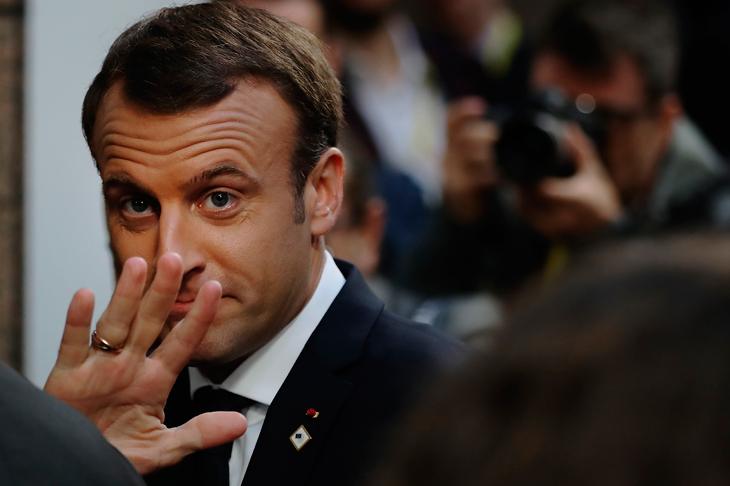

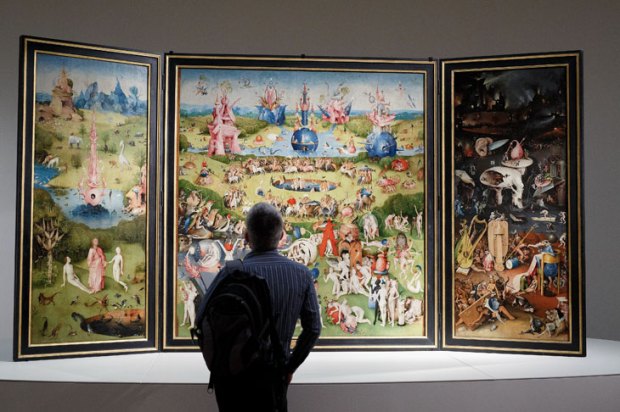
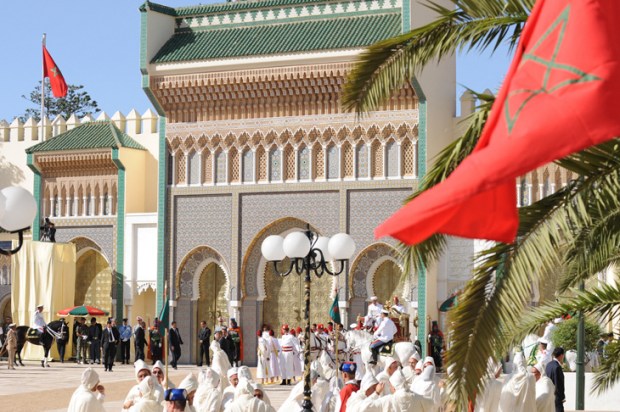
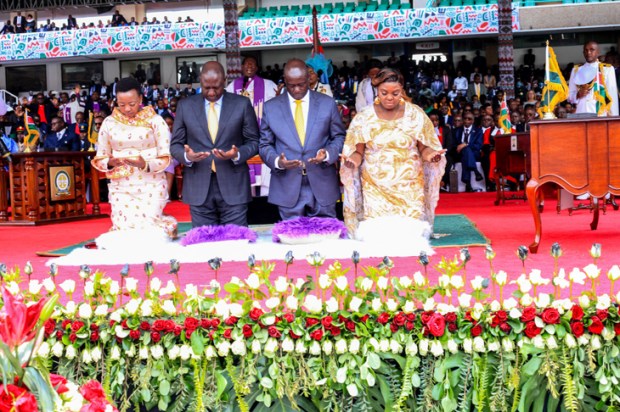
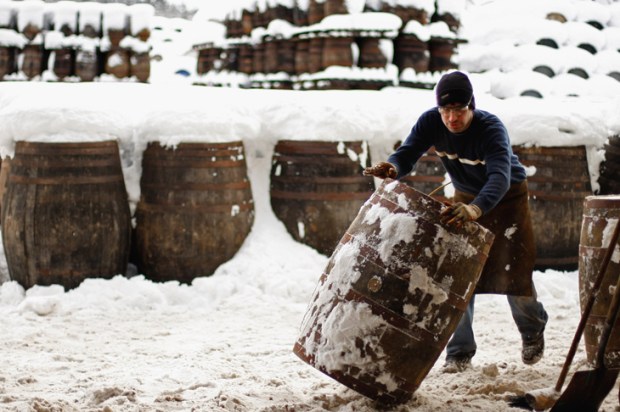






Comments
Don't miss out
Join the conversation with other Spectator Australia readers. Subscribe to leave a comment.
SUBSCRIBEAlready a subscriber? Log in